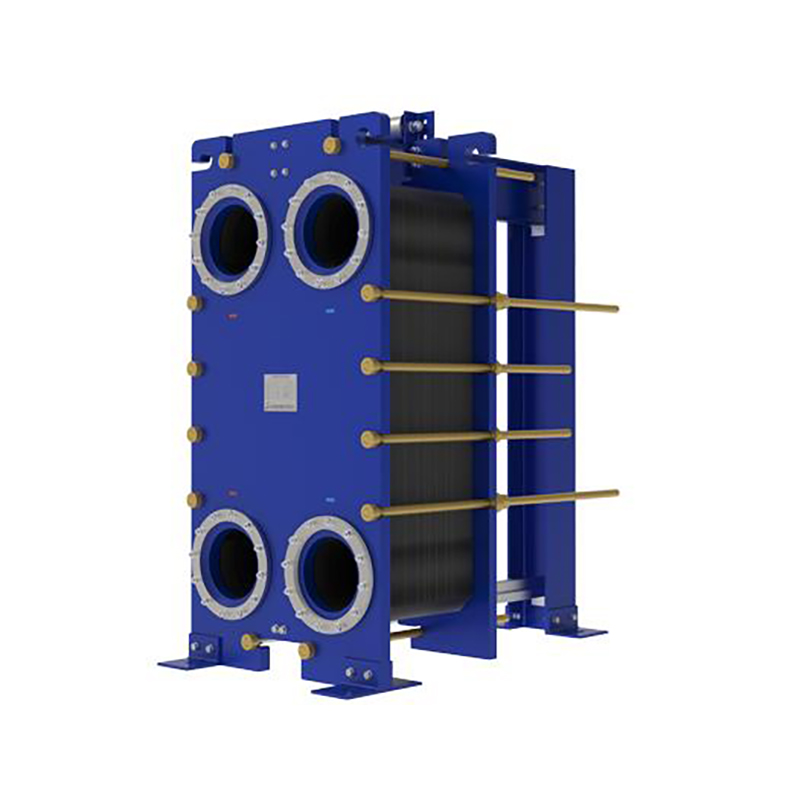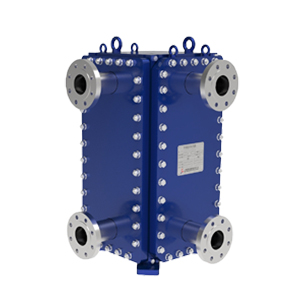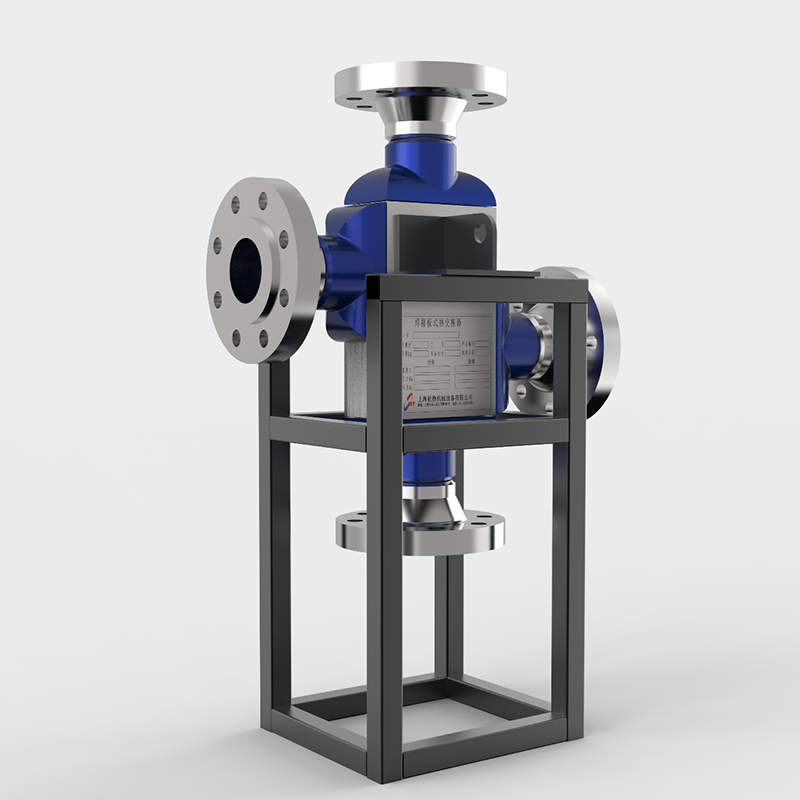5 key roles of plate heat exchanger gaskets.
Plate heat exchanger gaskets perform 5 key roles: ...
More
A water boiler heat exchanger is a critical component designed to transfer thermal energy between two or more fluids—typically water or steam—without mixing them. It is widely used in industrial boilers, residential heating systems, and commercial applications to improve energy efficiency and reduce operational costs. These devices come in various types, including shell-and-tube, plate, and finned-tube heat exchangers, each suited for specific temperature and pressure requirements. By facilitating efficient heat transfer, water boiler heat exchangers ensure optimal performance in HVAC systems, power plants, and process industries.
Modern water boiler heat exchangers are engineered with advanced materials like stainless steel, copper, or titanium to resist corrosion and withstand high temperatures. According to industry reports, heat exchangers can improve boiler efficiency by up to 20%, significantly lowering fuel consumption. For example, a study by the U.S. Department of Energy highlights that plate heat exchangers achieve over 90% thermal efficiency in condensing boilers. Their compact design and scalability make them ideal for both large-scale industrial applications and small residential units. Additionally, innovations like brazed plate heat exchangers offer maintenance-free operation, reducing long-term costs.
Water boiler heat exchangers are the preferred choice for industries and homeowners seeking energy-efficient, cost-effective heating solutions. Their ability to maximize heat recovery while minimizing energy waste makes them indispensable in sustainable heating systems. Data from the European Heat Pump Association indicates that heat exchangers can reduce carbon emissions by up to 30% compared to conventional heating methods. Their versatility allows integration with solar thermal systems, geothermal pumps, and combined heat and power (CHP) units, further enhancing their appeal.
Choosing a high-quality water boiler heat exchanger ensures durability, lower maintenance, and compliance with environmental regulations. For instance, Alfa Laval’s plate heat exchangers are known for 50% higher heat transfer efficiency than traditional models, as verified by independent tests. Residential users benefit from reduced utility bills, with some studies showing annual savings of $200–$500. Industrial applications, such as food processing or chemical plants, rely on these exchangers for precise temperature control, improving product quality and safety. With global demand rising—projected to grow at 6.5% CAGR (2023–2030)—investing in a reliable heat exchanger is a forward-thinking decision for any heating system.
Select the most popular foreign trade service products to meet your diverse needs
Learn more about the dynamics and professional knowledge of the foreign trade industry

Plate heat exchanger gaskets perform 5 key roles: ...
More
A gasket in heat exchanger seals surfaces, blocks ...
MoreAPI 662 defines standards for plate heat exchanger...
More
You can see clear differences between welded block...
More
Ignoring a fouled heat exchanger causes high energ...
More
A heat exchanger's main parts include the heat tra...
MoreSelect the most popular foreign trade service products to meet your diverse needs
Explore more content related to foreign trade services

User Comments
Service Experience Sharing from Real Customers
John Smith
Mechanical EngineerThe water boiler heat exchanger is incredibly efficient and has significantly improved our system's performance. Highly recommended!
Emily Johnson
HVAC TechnicianGreat product! The heat exchanger works flawlessly and is easy to install. Minor improvements in durability would make it perfect.
Michael Brown
Plant ManagerThis heat exchanger has reduced our energy costs by 20%. It's a game-changer for our industrial boiler system.
Sarah Davis
Facilities EngineerOutstanding quality and performance. The water boiler heat exchanger exceeded our expectations and delivered consistent results.